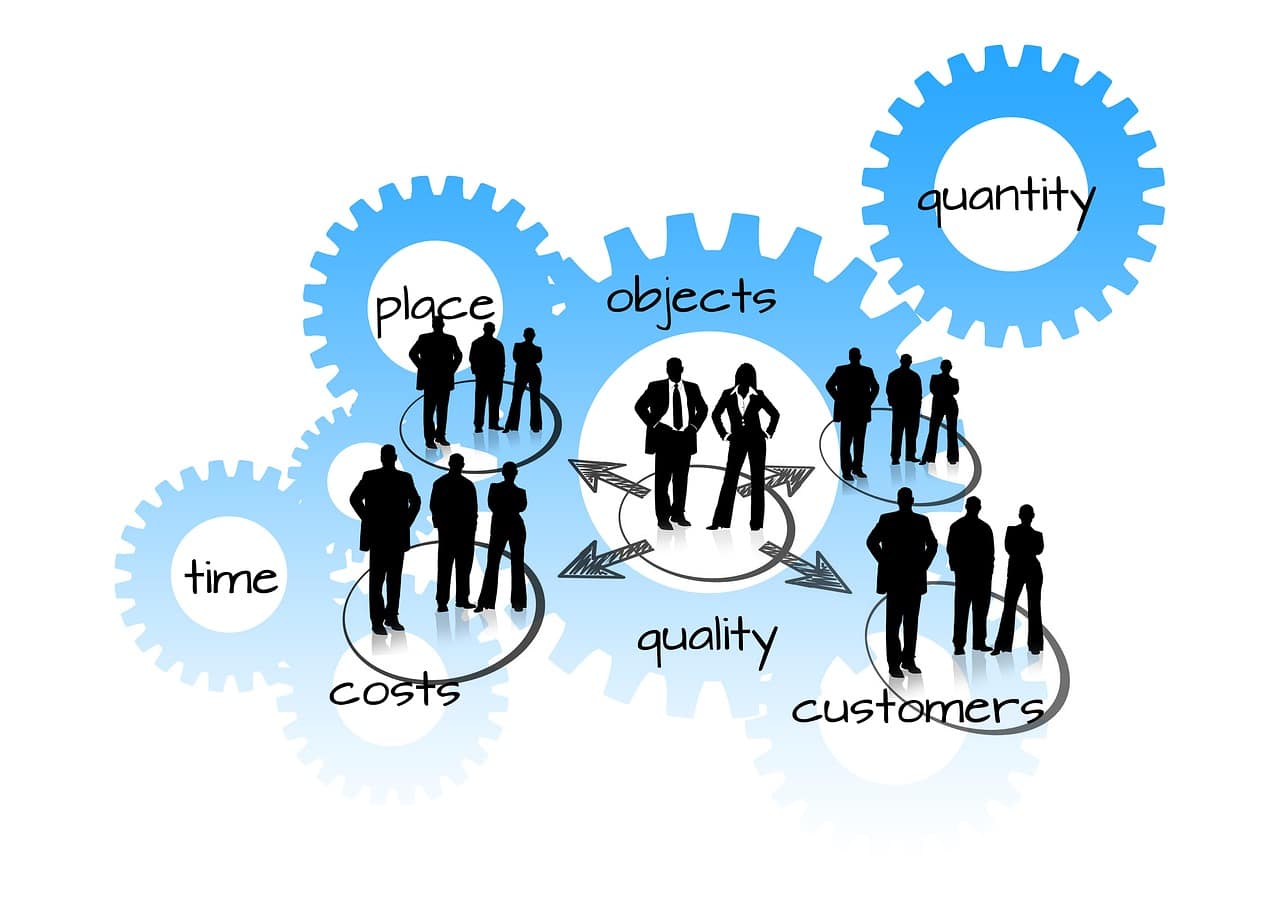
Reverse logistics refers to the process of managing product returns, repairs, replacements, or recycling after the initial sale. Effective management of reverse logistics is essential for businesses to maintain customer satisfaction, reduce costs, and optimize their supply chain. In this article, we will explore how a logistics company can assist businesses in managing product returns efficiently.
Understanding Reverse Logistics:
Reverse logistics involves the movement of products from the customer back to the manufacturer or retailer. This process includes activities such as product returns, warranty repairs, recycling, and disposal. A logistics company specializing in reverse logistics can streamline this process, ensuring that returned products are handled efficiently and effectively.
Return Management:
One of the primary roles of a logistics company in reverse logistics is return management. They provide businesses with a centralized system for receiving, inspecting, and processing returned products. This includes managing return authorization, assessing the condition of returned items, and determining the appropriate action, such as refurbishment, repair, or resale.
Efficient Transportation:
Logistics companies have expertise in transportation management, ensuring that returned products are transported efficiently. They handle the coordination of pickup, consolidation, and delivery of returned items, optimizing routes and carriers to reduce transit times and costs. This helps businesses streamline the return process and minimize transportation-related expenses.
Inventory Management:
Effective inventory management is crucial in reverse logistics. A logistics company can assist businesses in managing returned inventory by accurately tracking and categorizing returned products. This ensures that returned items are properly accounted for and can be reintegrated into inventory, resold, or disposed of appropriately.
Repair and Refurbishment:
In cases where returned products require repair or refurbishment, logistics companies can manage the entire process. They work with authorized repair centers or refurbishment facilities, coordinating the logistics of sending products for repair and tracking their progress. This helps businesses expedite the repair process and ensure that refurbished items meet quality standards before being reintroduced to the market.
Warranty and Claims Management:
Logistics companies can assist businesses in managing warranty claims associated with returned products. They handle the documentation, communication, and coordination with suppliers or manufacturers to ensure that warranty claims are processed efficiently. This reduces the administrative burden on businesses and helps expedite the resolution of warranty issues.
Recycling and Disposal:
In cases where returned products cannot be resold or repaired, logistics companies can manage their recycling or disposal. They work with recycling facilities or disposal partners to ensure that products are disposed of in an environmentally responsible manner, adhering to applicable regulations. This helps businesses minimize their environmental impact and fulfill their corporate social responsibility commitments.
Conclusion:
Effective management of reverse logistics is crucial for businesses to maintain customer satisfaction, reduce costs, and optimize their supply chain. By partnering with a logistics company specializing in reverse logistics, businesses can streamline the process of managing product returns. From return management and transportation to inventory management and repair/refurbishment, a logistics company can provide comprehensive solutions to handle the complexities of reverse logistics efficiently. This enables businesses to focus on core operations while ensuring that product returns are managed effectively, ultimately enhancing customer loyalty and driving operational efficiency.

